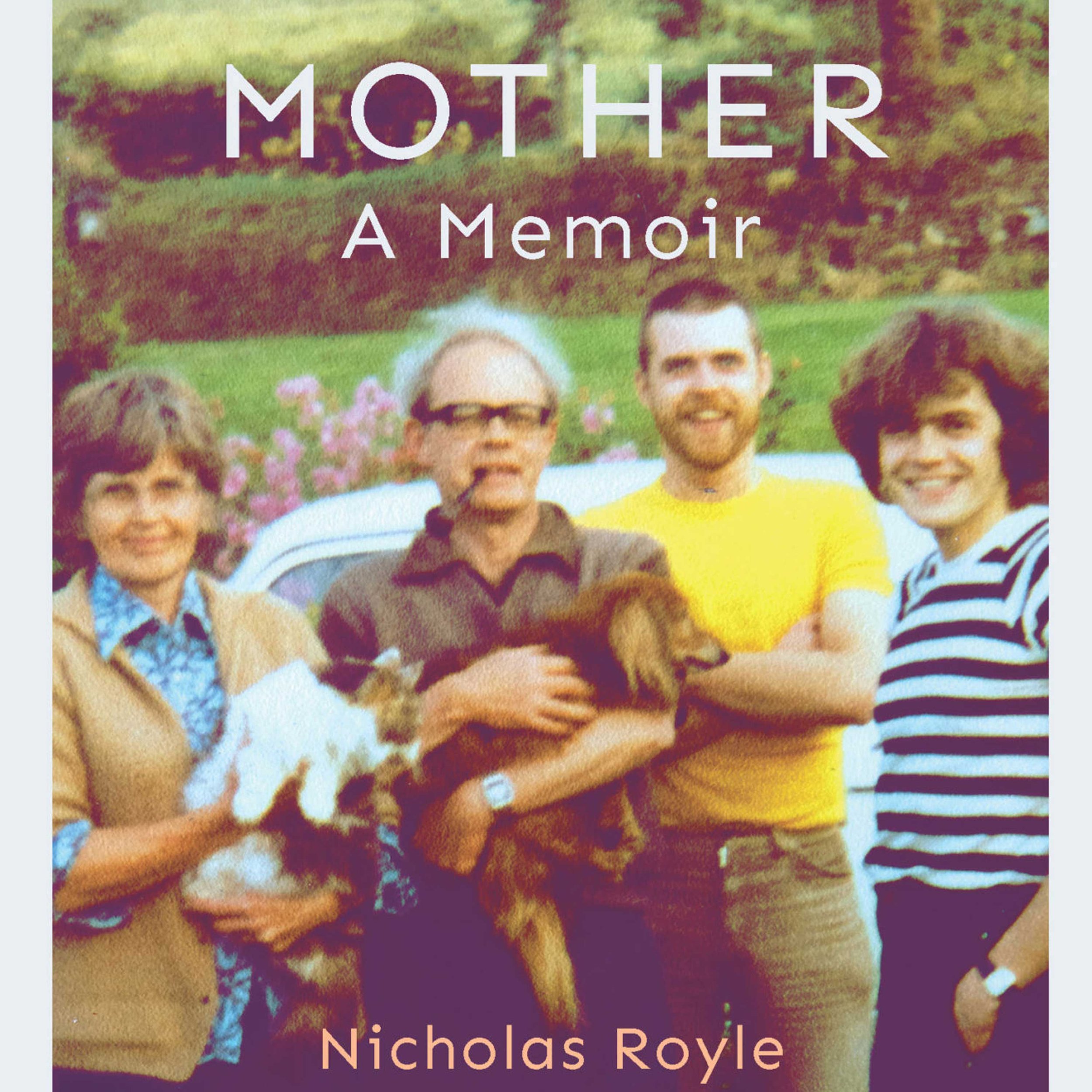Scholar · Educator · Feminist Activist
Author of Caliban and the Witch
Re-enchanting the World: Feminism and the Politics of the Commons
When I came to America I had a shock. I never knew what it meant to be in a country that seems to have no history, being in a place where you feel like you are nowhere, you could have been dropped by a plane in a cultural, historical desert. In the United States, they're destroying historic buildings. They've paved over cemeteries of African slaves. They're changing the environment so that memory is destroyed.
Because you are placing yourself in a broader arc of time, I asked a woman from Guatemala: how can women keep fighting for so much power? And she said, "Because, for us, the dead are not dead." This gives them the courage to go on when everything seems to be lost. I think that this is the kind of struggle that we need to make against war, against the destruction of nature.



















